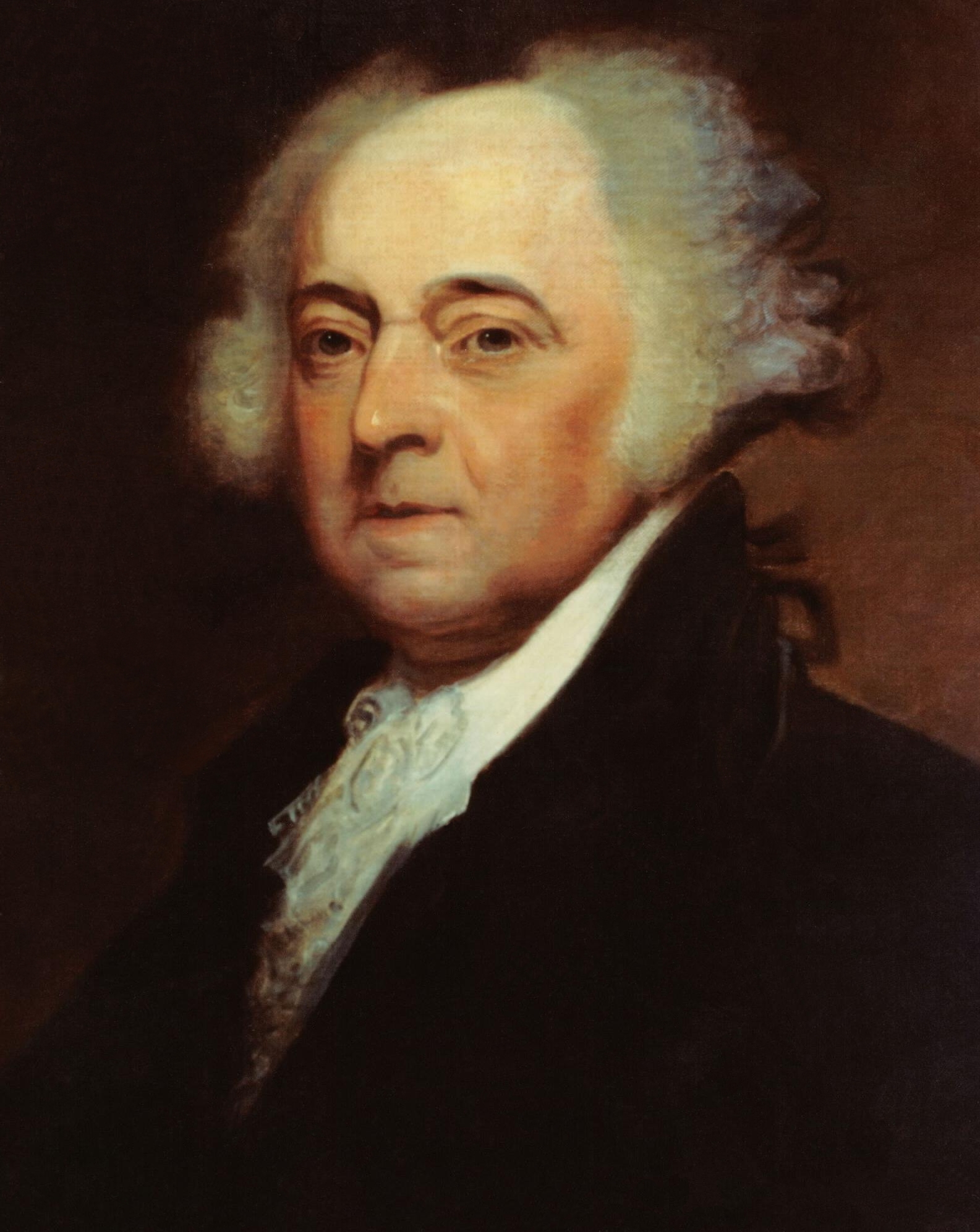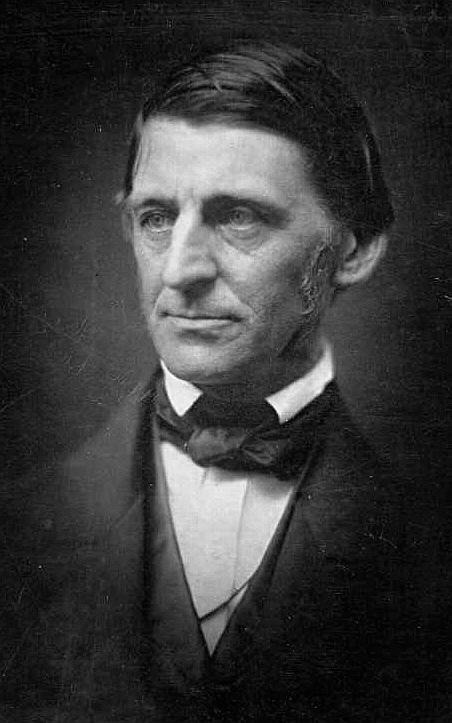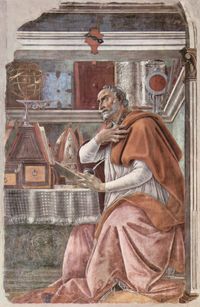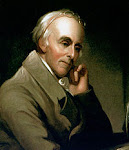For it was a mark of a Christian solider to combine the greatest fortitude with the greatest attention to military discipline, and to add to nobility of mind immovable fidelity towards his prince. But, if anything dishonorable was required of him, as, for instance, to break the law of God, or to turn his sword against innocent disciples of christ, then, indeed, he refused to execute the orders, yet in such wise that he would rather retire from the army and die for his religion than oppose the public authority by means of sedition and tumult.- Pope Leo XIII, Encyclical Letter Diuturnum (On Civil Government) (1881), chapter 20.
[Cross-posted at my own blog Ordered Liberty.]






































.jpg)






